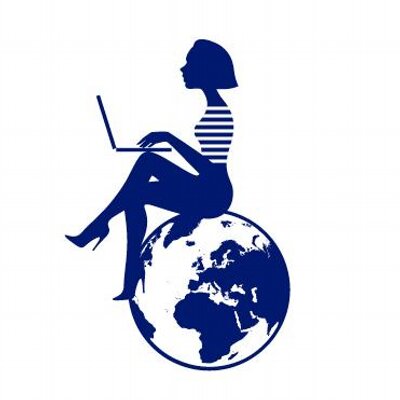
‘Reclaiming Civic Space’ New Edition of Sur
January 16, 2018
Mobile App Connects Women Around the World
March 7, 2018Women in Foreign Policy recently spotlighted two remarkable founders of Channel grantee partners in their online series on women with disabilities working in a variety of international fields.
The series features both Mobility International (MIUSA) founder Susan Sygall and Women Enabled International (WEI) founder Stephanie Ortoleva, Esq. via in depth interviews about their careers and the impact of their organizations.
The key goal of Women in Foreign Policy is to change the make-up of the foreign policy workforce at large. They aim to do this primarily by inspiring young women to choose careers in foreign policy, especially those who do not come from the “standard’ foreign policy background.
In Susan Sygall’s interview she discusses how she founded MIUSA and elaborates on why it’s important for disabled women to be part of human rights and foreign policy conversations. She describes a major issue women with disabilities face being discriminated against both for being women and for being disabled. She stated that “it’s not until more disabled women are in those high-level leadership positions [in foreign policy] that we will actually see some real change.”
Stephanie Ortoleva discusses her career as a international human rights lawyer working for the U.S. State Department in her interview and describes how the gap between the women’s rights and disability rights fields inspired her to create WEI, one of the very first organizations working at this intersection globally. Ortoleva also highlights how WEI’s work follows a central tenet of the disability rights movement about “nothing about us, without us”: “the ultimate goal is for the organizations to be able to do their own advocacy without our assistance, because we can’t assist everyone and self-advocacy leads to longer, more successful results on the ground.”




